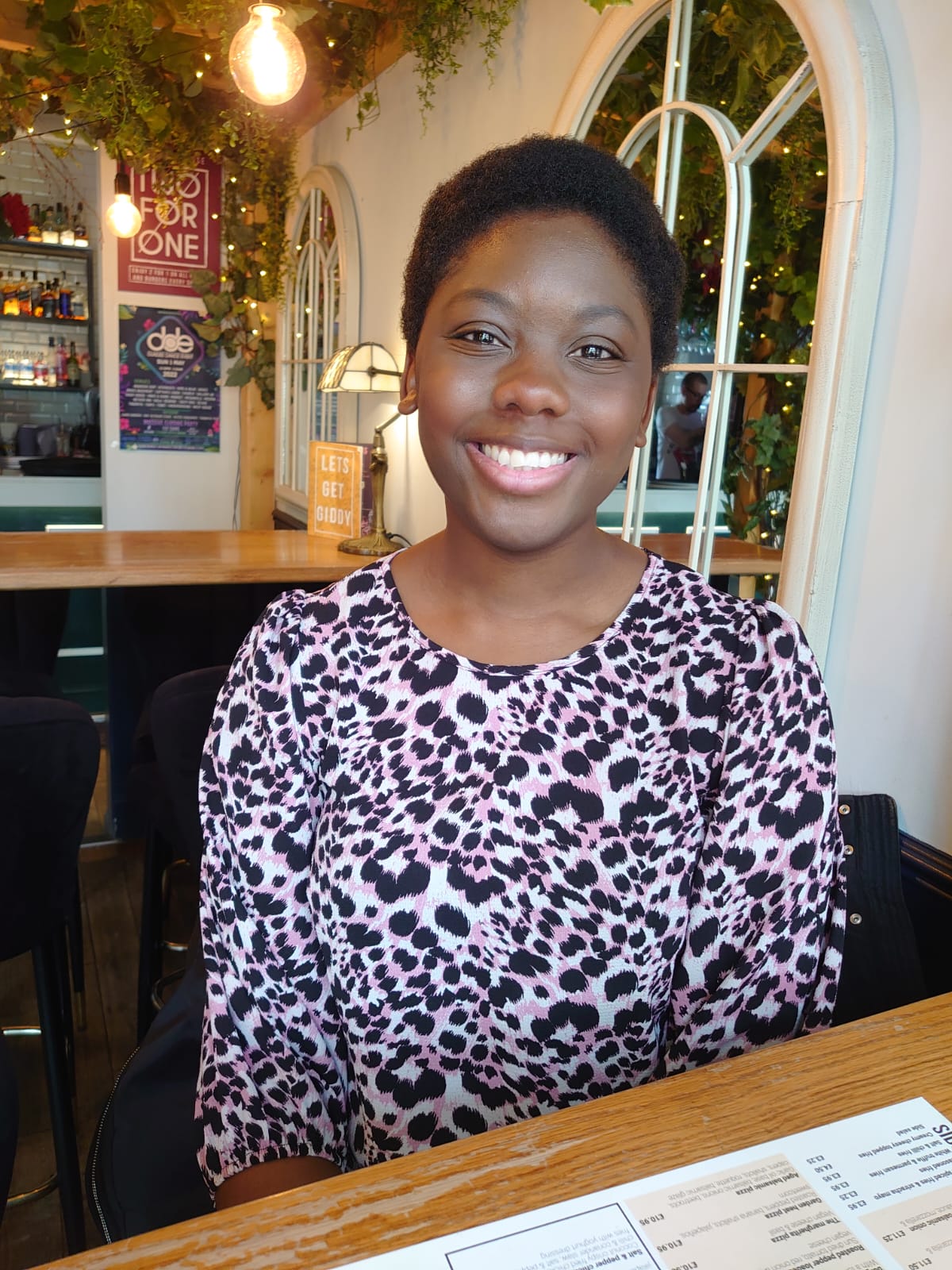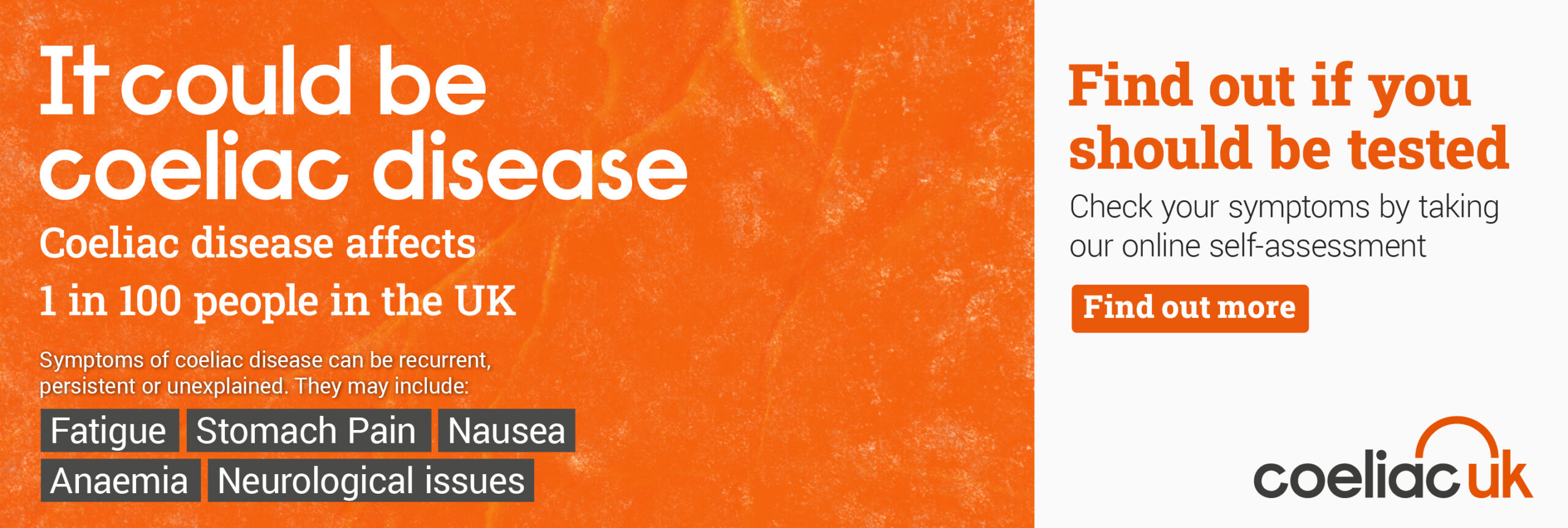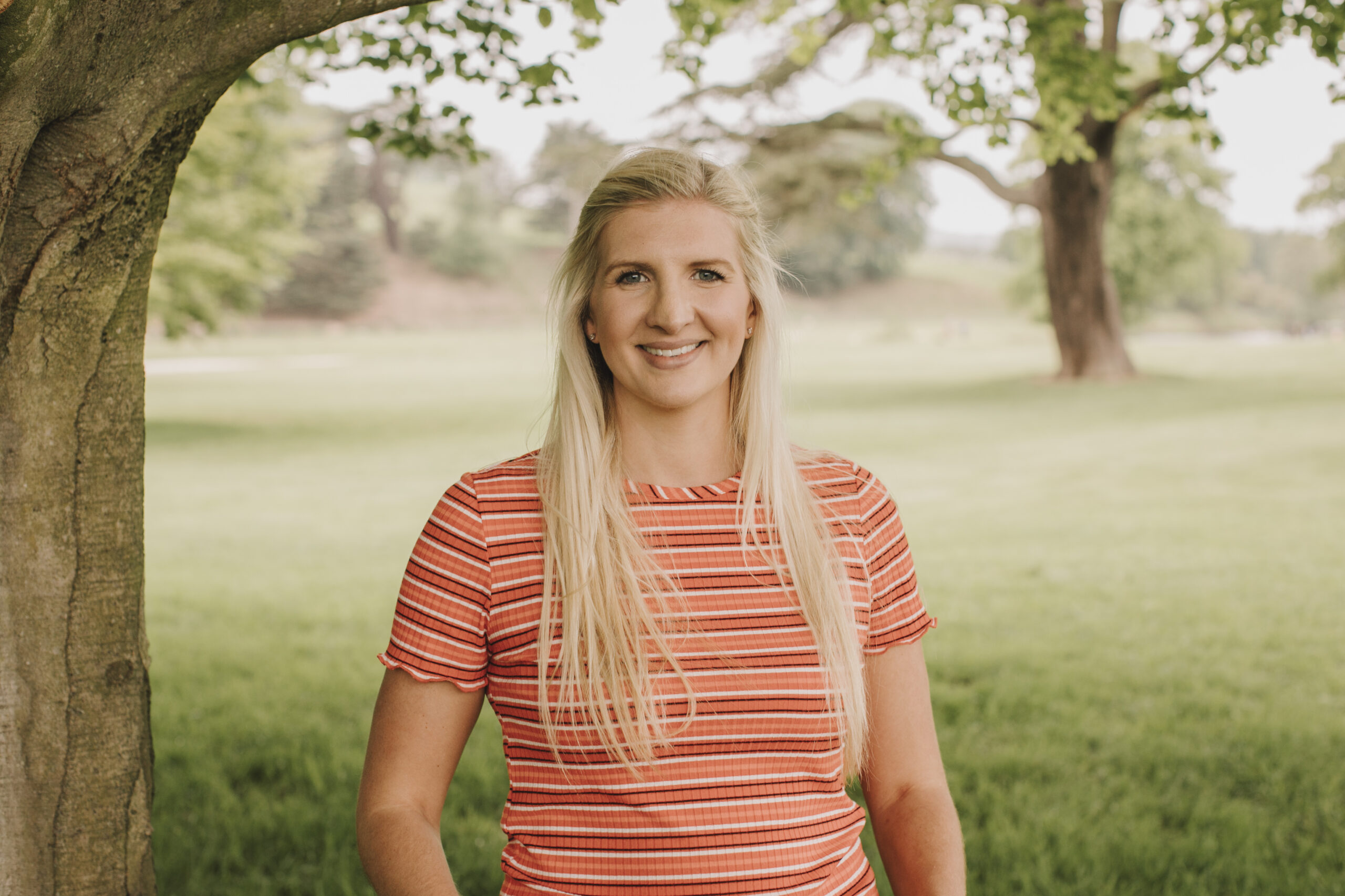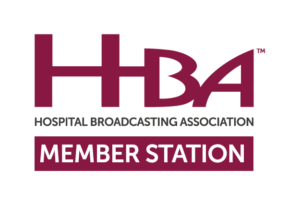With only 36% of people with coeliac disease currently medically diagnosed in Wales, there are an estimated 20,000 people in the country experiencing unexplained and often debilitating symptoms. Rebecca Adlington OBE, four-time Olympic medal-winning swimmer, is someone who previously suffered the effects of undiagnosed coeliac disease before getting diagnosed.
For this year’s Coeliac Awareness Month (1-31 May), Coeliac UK is urging the public to ask, “Is it coeliac disease?” and take the charity’s free online self-assessment to find out. People can check if they are experiencing symptoms associated with coeliac disease and if they are recommended or should be considered for testing for the condition based on published clinical guidelines.
Coeliac disease is a serious autoimmune condition affecting 1 in 100 people in the UK. When someone with coeliac disease eats gluten – a protein found in wheat, barley, and rye – their body attacks its own tissues, causing damage to the gut and leading to serious health complications if left untreated. The only treatment is a lifelong, strict, gluten free diet.
Symptoms of coeliac disease can be recurrent, persistent or unexplained. They may include but are not limited to, fatigue, stomach pain, nausea, anaemia, and neurological issues.
In 2024, Rebecca Adlington was diagnosed with coeliac disease having experienced a variety of debilitating symptoms without understanding the cause.
Rebecca said:
“As I have had multiple pregnancies, I put a lot of symptoms down to hormonal changes. I suffered with stomach pain, fatigue, mouth ulcers, bloating, and constantly felt run down or ill. The tiredness affected both my personal and professional life as I didn’t feel as productive or have enough energy like other people. Meanwhile, the mouth ulcers affected my diet as I struggled to eat sometimes as they were so painful and so many.”
“The stomach pain was persistent. I also experienced two miscarriages and whilst my doctor couldn’t pinpoint the cause, this and my stomach pain ultimately led to me being tested for coeliac disease and subsequently diagnosed.”
Rebecca was diagnosed in early October 2024, aged 35 which she describes as ‘life changing’.
She said: “My diet has changed the most as I have needed to cut out all gluten. To achieve a balanced diet, I eat things that naturally don’t have gluten, like rice and potatoes but also need to rely on gluten free substitutes for items such as bread and flour, but these are so much more expensive. Shopping takes longer as you have to examine every label and ingredient to make sure it doesn’t contain gluten.”
Now Rebecca has an answer to her symptoms and is following a strict gluten free diet, she has seen vast improvements in her health and wellbeing.
“Since removing gluten, I feel significantly better. My mood, my energy – everything is better. I am not in pain anymore. I am able to exercise more as I feel better. I had lots of people recommend Coeliac UK to me when I announced my diagnosis on social media. I found their support and information so helpful when adjusting to living on a strict gluten free diet.”
“If you are experiencing ongoing symptoms or issues like I had, just ask the doctor for a test. I never even thought I might have coeliac disease, but I wish I had asked my doctors to test me sooner.”
Esi, 33 from Cardiff, has lived with diagnosed coeliac disease for a decade.
“I first noticed something was wrong when I was 22. After eating, I’d get severe stomach pain and discomfort. I started losing weight rapidly and developed iron-deficiency anaemia. But the symptoms went beyond gut issues. I had constant unexplained fatigue, and brain fog which made everyday life difficult. I was also suffering from pins and needles and mouth ulcers – both of which were very painful. It seemed like a never ending and unconnected list of symptoms.”
“I was tested for diabetes and low blood pressure, but everything came back normal. It was incredibly frustrating. Following further tests and once I knew I had coeliac disease, I was advised to follow a gluten free diet to stay well and at that point things started to improve. After changing my diet, I gained a healthy amount of weight and started to feel so much better. If something doesn’t feel right, push for answers. Get a second opinion if you need to. You know your body better than anyone else – trust it.”

Hilary Croft, Coeliac UK CEO, comments:
“For those battling with unexplained symptoms, a coeliac disease diagnosis can be life changing. Our campaign aims to increase awareness of coeliac disease and we want to reach the estimated half a million people in the UK living with the symptoms of undiagnosed coeliac disease to help guide them on the road to recovery. At Coeliac UK, we’re here to help with advice and information for anyone who suspects they might have coeliac disease as well as those looking for ongoing support.”
The Coeliac Awareness Month campaign looks at raising awareness of coeliac disease by sharing real stories and empowering those affected by it to recognise symptoms, complete its online self-assessment, and take the first step on the road to recovery. However, it’s important not to remove gluten from the diet until tested, as this risks a potential false negative result.
For more information about Coeliac Awareness Month, visit: https://www.coeliac.org.uk/awareness-month-2025/
If you’re interested in fundraising, join the Coeliac UK 64 Challenge, here: https://www.coeliac.org.uk/get-involved/fundraise-for-us/join-the-coeliac-uk-64-challenge/






